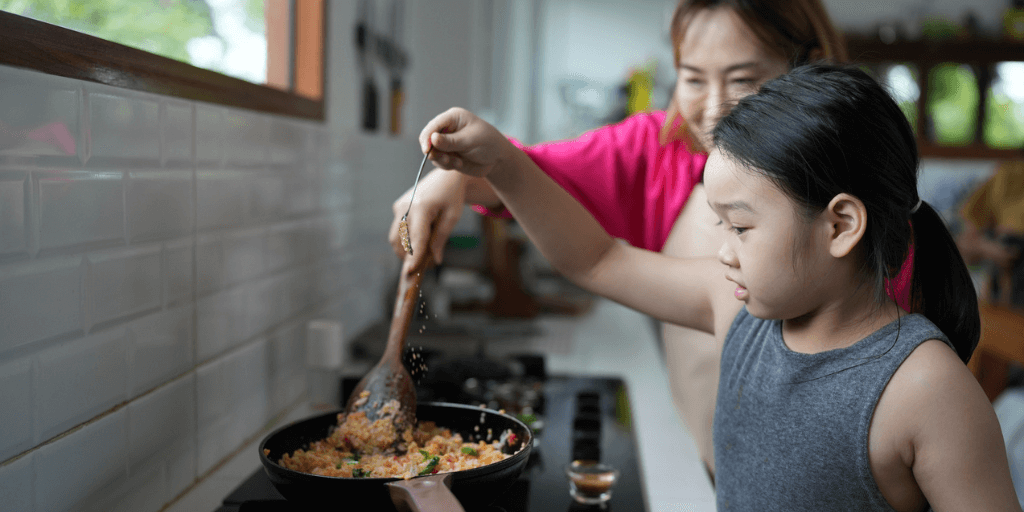
Living is learning and children learn through living
‘Living is learning and children learn through living’ blog article was written by Chris Hutchinson, Senior Consultant, Parenting and Early Years Program at Australian Childhood Foundation.
The first years of life are the foundation for all later growth, development and learning. The most important early learning happens through day-to-day life experiences.
Every experience counts! Babies and young children are learning all the time, with most learning taking place in relationships. Relationships with important people, parents or carers and educators in their lives are vital for children’s development and learning.
Research shows that what happens in the early years is the key to:
- being able to relate confidently and effectively with others
- mental and emotional health
- educational success
To get the best start for living and learning, babies and young children need parents and carers and educators who:
- are warm and caring
- know each baby or child very well and appreciate what is special about them
- take time to understand the child’s cues and respond to them with encouragement, praise, comfort, independence and rest as needed
- are able to see, share and celebrate the big and small joys and achievements of the children they care for.
Adults provide:
- responsive and sensitive care
- a safe and interesting place to be.
Adults who follow the child’s lead are supporting their exploration and the things they like to do. There is no set list of things to teach babies and young children.
Living is learning, and children learn through living.
All children and babies have their own abilities and interests. Follow the child’s lead.
A safe and interesting place that provides opportunities to learn and builds on your child’s strengths
When providing play environments for children, think about those living spaces in your home.
The spaces that are warm and inviting, where children feel a sense of belonging, are the spaces children want to play in.
Providing children with the space and the time to play allows children to develop their interests, expand their skills and build on their strengths.
At the same time that you are providing interesting play spaces for children, you can also support children’s learning through everyday experiences like shopping, cooking and cleaning.
Involving children in daily tasks also teaches them new skills and extends their areas of strength.
If a child shows interest in any task, give them the opportunity to have a go: mixing the cake batter, chopping vegetables, making their own lunch, finding ingredients in the supermarket, posting the letters or sweeping the floor. All of these everyday tasks support children’s learning especially if you are involved and build on the knowledge and skills the child is developing through these experiences.
Watch and listen: provide opportunities, give support, and build on your child’s strengths.
Source: Adapted from Early Childhood Australia – A voice for young children. Everyday Learning Series 2016
Discover the Bringing Up Great Kids (BUGK) Program
Bringing Up Great Kids (BUGK) is an integrated suite of activities and tools that are unique and offer all parents and carers a fresh way to understand and enact relationships with their children. It focuses on building positive and nurturing relationships between parents and their children, while also aiming to support parents to review and enhance their patterns of communication with their children to promote more respectful interactions and encourage the development of children’s positive self-identity.
